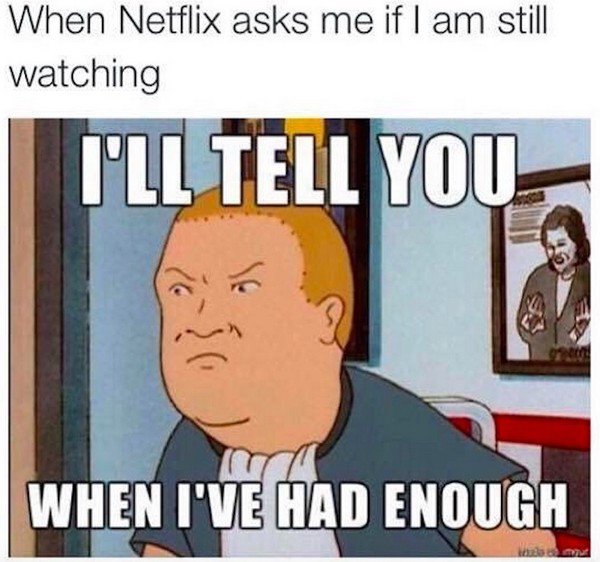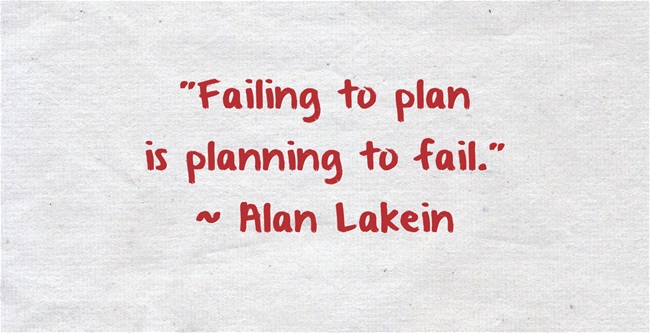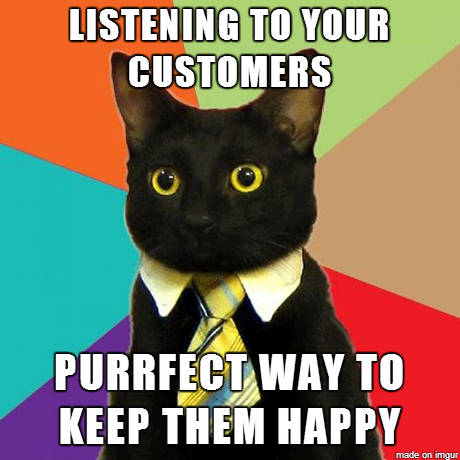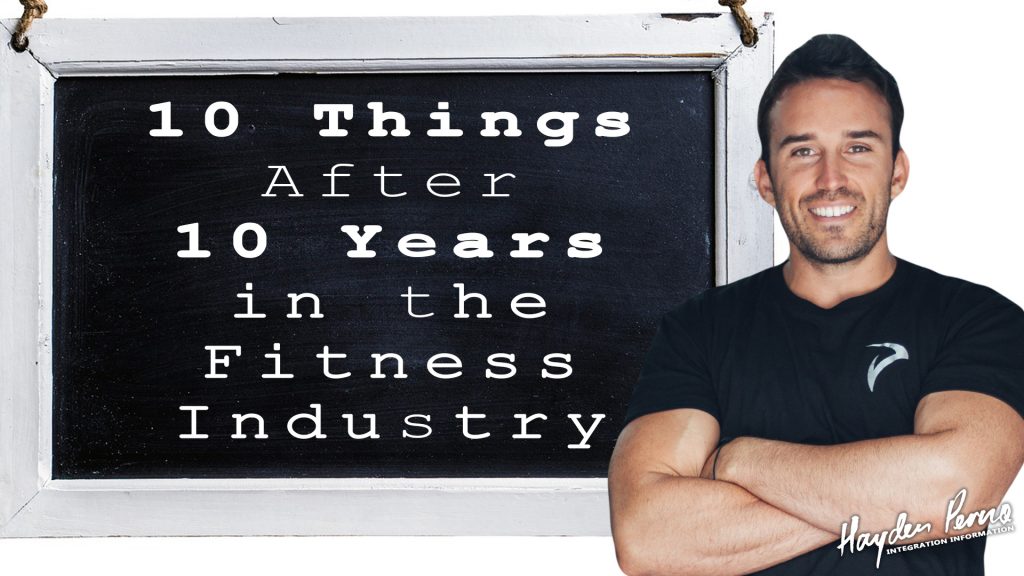I would never claim I’ve perfected my role as a trainer/coach. I would never claim I know it all. I wouldn’t even claim I know everything about business—even after running one for a decade. But there are things that I have learned over the years. And to touch upon a cliché theme (a great theme to touch upon sometimes), I thought I’d write about ten things I have learned in ten years while working in the health and fitness industry.
#1 – Trainer Perception
Anybody reading this will know that attending a social gathering means a conversation about your job. Most of the time, it’s great to talk back and forth between people. Most of the time, it’s great to offer free advice when you’re an expert in a field—accounting, law, real estate, psychology, personal training, etc. But in the health and fitness industry, there is something strange about the perception trainers often get.

Generally, it’s believed we’re all the same. We all work with the same clientele, all have the same qualifications, the same interests, all smash our clients in the pursuit of muscle soreness. We’re also generally expected to either be ripped bodybuilders or skinny fitspo chicks. And if we’re not, we’re looked up and down with an eyebrow raised and an “oh, you must be one of those holistic trainers then” comments (this was actually said to me recently).
In reality, so many of us are nothing alike. Sure, we all like being healthy and working out and doing our best to help our clients. But not all of us live and breathe health and fitness. Not all of us limit ourselves to the minimum qualifications to enter this industry. Or need to flaunt our body on social media and post inspirational quotes.
In fact, the differences between the trainers that work in the industry for more than a few years, are what keep them doing so. They are what make them unique, and what make clientele stick with them, bring their friends, their family, and like their vibe, style, programming, and lack of tendency for them to “fall off the bandwagon.”
#2 – Your Relationships Matter
Like all relationships, they take a lot of effort. This is something I’m forever working on (struggling with?) in my own life. But if you want to build a community of people you love to train and spend time with, relationships are key.
While some say to never be too personal with clients, I call baloney. The very word personal is in our title.
Which doesn’t mean hanging out with clients outside the gym. Or calling or texting them every day. Or even asking them about everything in their life. But having an interest, trying to understand them, trying to do your best to connect with them, is what this whole industry is about.
#3 – Always Learn
The entry point for becoming a trainer is low. In Australia, you only need to study for 6-12 weeks and you can start a career in the industry. And unfortunately, this is where many stop.
They think that just because they have completed a couple of certificates, they know everything. They think that just because they can train themselves, or train others, they will forever succeed. But to keep on top of everything, learning must be a constant endeavour.

Whether it be improving how you run your business, how you coach clients, how you communicate, handle emotions, handle a cancelation, a difficult client, a new client, how to market; there are so many areas that constantly need work. So, attend that course, read that book, watch that tutorial, go to that university. Learning is and always should be a lifelong process. It doesn’t stop just because you’re qualified.
#4 – Flexibility is Key
Clients will come and go. But the ones that hang around and are dedicated to you? A lot of the time, it shouldn’t matter when they cancel with such short notice. It shouldn’t matter if they need to change their times. It shouldn’t matter if it means you need to start earlier on a certain day, or start later. People have lives outside of the gym, and not flipping out every time you receive that cancelation text will keep you level-headed.
Moreover, an abusive text will make you feel uneasy when you re-read it the next day. Your clients, after all, most of the time, aren’t jerks. And if they are, if they constantly cancel on you, constantly mess you around, then you need to have a chat to them properly. Or, you need to make your policies a little clearer.
Especially when starting out. Be ready to sacrifice a lot during the early years to establish your business, your systems, your style, your ideal times to work. Then, once you do, you can stabilise.
#5 – Stay Productive
Always have things to work on or learn about. This doesn’t necessarily mean posting on social media or “learning” while scrolling the feed. But having things to pursue and improve upon when you’re not working, when a client cancels, or when you don’t know what else to do to improve yourself or your business, will help immensely.

#3 on this list is key here. So are ideas like sending an email to your clients, writing a helpful post, filming a helpful video, training yourself, or re-writing your policies (#4).
Having an hour or two where you sit around and wait after a client cancels sucks. But if and when that happens, and you can’t move clients around, being productive will maintain your sanity.
#6 – Referring
When in doubt, always refer. This might mean referring your client to another trainer in the gym or area you work in. It might mean sending them to a physiotherapist or doctor or manual therapist and never seeing them again. But staying in your lane and doing your best to actually help your client as best as you can, is what you should always be striving for.
And in most cases, if you refer clients out to people that can actually help them, it will come back to you.
#7 – Drop Your Ego
You might be the greatest athlete or powerlifter or have the biggest following on social media in the entire world. But not all clients care about things like this. Similarly, not all of them care about what you can do, what you look like, or even what you did on the weekend. This also includes how many exercises or how much anatomy you know. Which is why harnessing self-awareness is crucial for building and maintaining proper relationships (#2) and a flourishing business for years to come.
#8 – Preparing

Improvising is an important trait to have in any industry. And as a trainer, being able to think on the fly and innovate, regress, and progress clients when necessary will keep them assured that you know what you’re doing and help keep them improving. But keeping a schedule and dedicating time to work on yourself, your business, your current clientele (not just the potential new ones!) each week with a diary, plans, systems, and programs, will keep things on track. Plus, it will take the stress out of the job when you’re not feeling so alert and ready to deliver.
#9 – Actually Track Your Money
I’ve probably said this my whole career when people say “how lucky” I am to have a job where I choose my own hours. But the reality in this field? We could wake up tomorrow and all our clients have cancelled. Worse, they could all quit.
This is why tracking your money and making sure you stay on top of payments and your savings is important. Find a good accountant, learn it yourself, open up separate bank accounts, set up a spreadsheet and actually track, pay your bills before paying yourself. Whatever it takes, keep on top of your money—including your tax.
#10 – Listening & Caring
Listen. Always, always listen. This is one of the biggest areas people go wrong—something I’m guilty of too.
While you might be used to a certain issue, dilemma, or situation, to the client it’s still new. So if they say something like “hey, my knee has been killing me over the past week,” or “dude, my weight hasn’t dropped in weeks,” instead of shrugging it off, stop. Listen. Let them be heard. Then respond.
“Oh shit. That sucks. How long has your knee felt like that? Do you know what might have caused it? Do you want to try some stuff to see if we can help it?”
Or, “damn, that’s annoying. How has your food actually been over the past couple of weeks? Let’s have another look…”
See the difference?

Listening to your clients will help you care for them so much easier, too. Who are, after all, your business. If they aren’t around, you don’t have a business.
So, care. Actually care. Not just how much they lift. Not just how much they weigh. Not just how they look. Caring goes much further than attributes or statistics like this.
Ask them questions. Listen. Get into their head. Understand them more. Know what motivates them. Know what they do and don’t like. Know what might be holding them back.
This might mean your session goes over time once in a while. This might mean you spend a lot of your session listening to stressors, annoyances, or problems. But if you’re in this business to actually help people, there’s no cut and dry approach to helping every single person.

I could probably write ten more things that I have learned over the years, but these are some that came to mind. If you work with a trainer, what do you think of the above? And if you’re a trainer, I’d love to hear your thoughts on these ten. Hit me up in the comments below.


